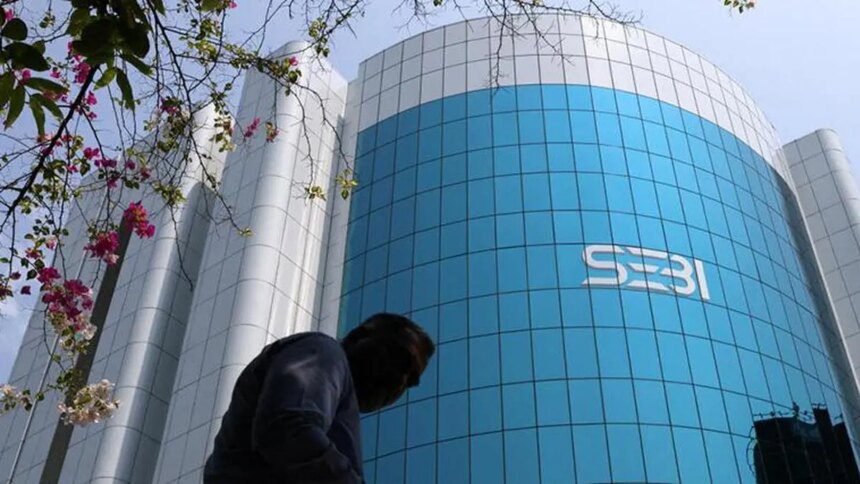The Securities and Exchange Board of India (SEBI) is currently reviewing a standard operating procedure (SOP) aimed at establishing how stock exchanges should handle the withholding of securities or funds when directed by law enforcement or judicial authorities.
Sources familiar with the process indicate that this proposed framework will provide uniform guidelines for exchanges, which would include actions such as blocking the payout of funds, halting transaction settlements, and retaining securities associated with the affected accounts. Currently, a standardized SEBI-mandated procedure for such scenarios does not exist. While individual exchanges have their internal procedures, they primarily operate on a case-by-case basis when responding to directives from enforcement agencies, regulators, or the courts.
Current Practice
Once the authenticity of a directive is confirmed, exchanges flag and freeze the relevant client accounts within their settlement systems, withhold payouts of both securities and funds, and notify the applicable clearing members. Clearinghouses also implement their own internal procedures to execute these instructions. SEBI is studying this existing model to develop a comprehensive market-wide framework that can be uniformly applied across exchanges. This SOP would pertain to trades under T+1 and T+0 settlement cycles, detailing which authorities’ directives could prompt actions and outlining the operational responses tied to each type of directive.
“When a directive is issued from authorities such as courts, police, or enforcement agencies, exchanges are required to circulate the complaint. If there are more than 25 counterparties involved, exchanges must issue a circular or press release,” stated an individual knowledgeable about the ongoing developments.
Internal Examination
Sources have reported that the framework is still undergoing internal review before it is finalized for all exchanges. SEBI did not respond to requests for comment via email. The anticipated implementation of this SOP is expected to facilitate same-day (T+0) settlement cycles, as quicker settlements reduce the time available for enforcement agencies to flag suspicious trades or profits. A formalized SOP would ensure that exchanges are able to act swiftly and uniformly even within these tighter timelines when directives are received.
Published on October 26, 2025.










